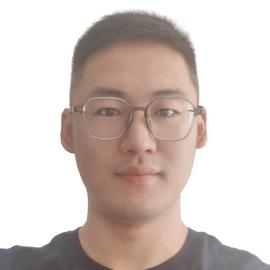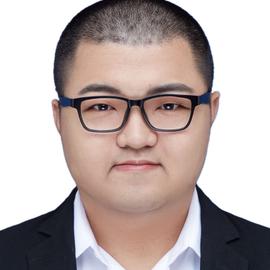Abstract
Quantum state purification plays a pivotal role in quantum communication and quantum computation, aiming to recover the purified state from multiple copies of an unknown noisy state. This work introduces a general state purification framework designed to achieve the highest fidelity with a specified probability and characterize the associated trade-offs. In particular, for i.i.d. quantum states under depolarizing noise, we propose an explicit purification protocol capable of achieving maximal fidelity with a target probability. Furthermore, we present quantum circuits for implementing the optimal purification protocols via the block encoding technique and propose recursive protocols for stream purification. Finally, we demonstrate the advantages of our protocols in terms of efficiency and flexibility in purifying noisy quantum states under various quantum noise models of interest, showcasing the effectiveness and versatility of our approach.
Publication
arXiv:2404.01138

PhD Student (2024)
I obtained my BS degree in Mathematics from Nanjing University of Aeronautics and Astronautics and my MS degree in Mathematics from Beihang University. My research interests include quantum information theory and quantum machine learning.

Research Associate
I obtained my BS in Mathematics and Applied Mathematics from University of Science and Technology of China. I obtained my PhD degree in Applied Mathematics from University of Chinese Academy of Sciences under the supervision of Prof. Xiao-Shan Gao. My research interests include quantum computing, symbolic computation and cryptanalysis.

Research Assistant
I obtained my BS in Applied Physics from Beijing Institute of Technology, Zhuhai (BITZ). I obtained my MSc degree in Physics from The Chinese University of Hong Kong. My research interests include quantum optics, quantum information theory and quantum computation.


Associate Professor
Prof. Xin Wang founded the QuAIR lab at HKUST(Guangzhou) in June 2023. His research primarily focuses on better understanding the limits of information processing with quantum systems and the power of quantum artificial intelligence. Prior to establishing the QuAIR lab, Prof. Wang was a Staff Researcher at the Institute for Quantum Computing at Baidu Research, where he concentrated on quantum computing research and the development of the Baidu Quantum Platform. Notably, he spearheaded the development of Paddle Quantum, a Python library designed for quantum machine learning. From 2018 to 2019, Prof. Wang held the position of Hartree Postdoctoral Fellow at the Joint Center for Quantum Information and Computer Science (QuICS) at the University of Maryland, College Park. He earned his doctorate in quantum information from the University of Technology Sydney in 2018, under the guidance of Prof. Runyao Duan and Prof. Andreas Winter. In 2014, Prof. Wang obtained his B.S. in mathematics (with Wu Yuzhang Honor) from Sichuan University.
 Framework of probabilistic purification protocol.
Framework of probabilistic purification protocol.